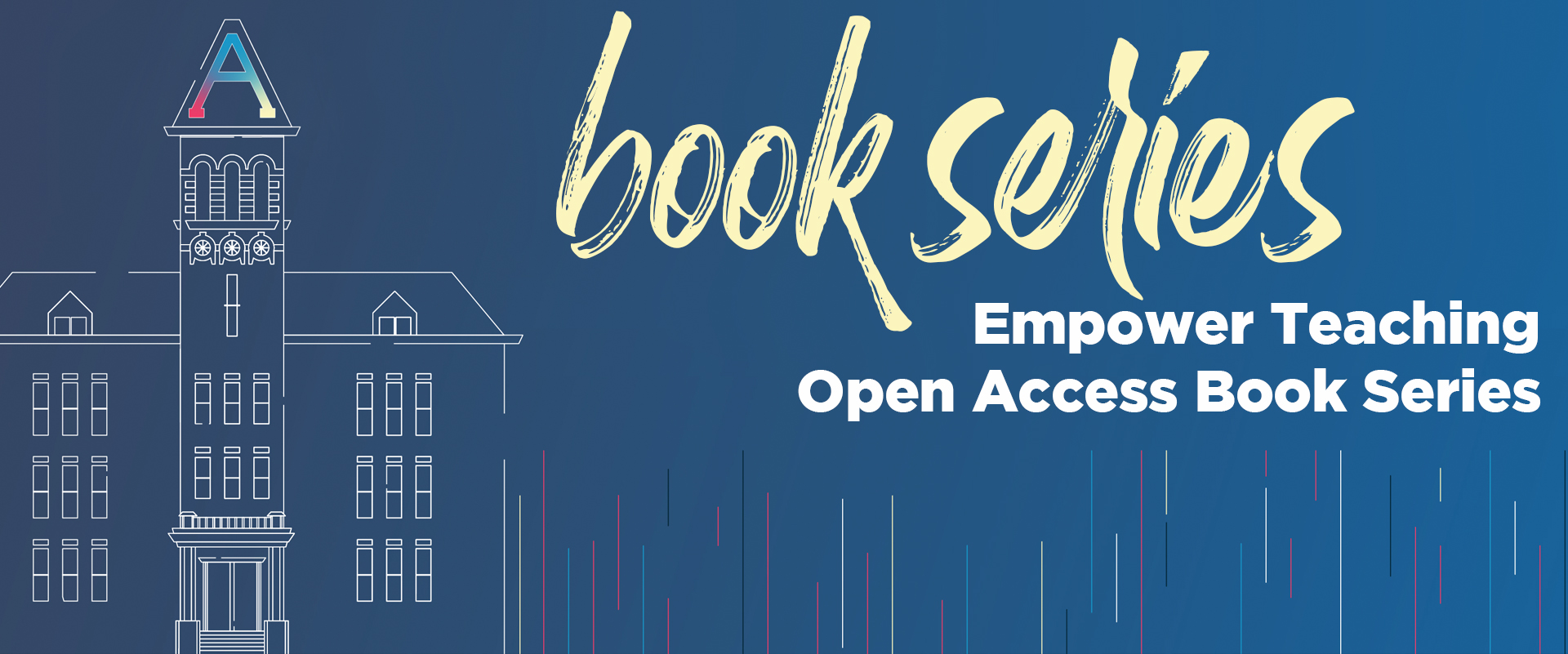Document Type
Chapter
Journal/Book Title/Conference
Making Connections: A Handbook for Effective Formal Mentoring Programs in Academia
Editor
David Law & Nora Domínguez
Publisher
Utah State University
Publication Date
5-15-2023
First Page
247
Last Page
273
Creative Commons License

This work is licensed under a Creative Commons Attribution-Noncommercial-No Derivative Works 4.0 License.
Abstract
The purpose of this chapter is to help the mentoring program director create, implement, and evaluate academic mentoring programs after identifying structures that can effectively prepare their mentors and mentees for a successful mentoring experience. Some of the considerations explored are mentor program structures that are relationally based, goal-oriented, and grounded in autonomy supportive strategies. This chapter opens with the author’s lens in order to describe a human development approach to mentoring and then how to prepare mentees to be self-directed. The third section portrays mentoring program structures that promote self-directed mentees. This chapter concludes with generalizable findings and recommendations based on key lessons learned. It is the author’s belief that mentees and mentors are learners who benefit most when they (a) have a clear understanding about the mentoring program’s purpose and objectives, (b) understand the rationale for and benefits of participating in a mentoring relationship, and (c) hold accurate schema for what is expected of them regarding program tasks and activities.
Recommended Citation
Clabaugh, Dionne, "Chapter 11- Preparing the Effective Mentee" (2023). Making Connections. Paper 13.
https://digitalcommons.usu.edu/makingconnections/13



